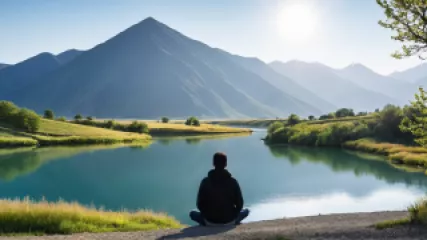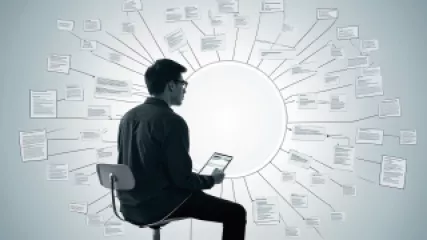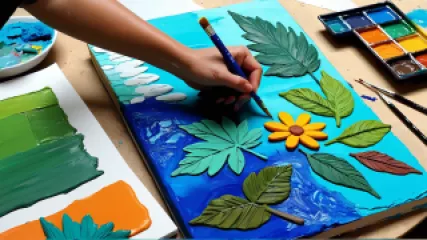The Ultimate Guide to Understanding and Celebrating Sexual Orientation
1 year ago
Sexual Orientation
How to Incorporate Energy Healing Sessions into Your Self-Care Routine
1 year ago
Alternative Therapies
10 Proven Steps to Unlock Your Personal Growth Potential
1 year ago
Personal Growth
Unraveling Overeating Habits: A Research Summary
1 year ago
Eating Habits
Effective Suicide Prevention Techniques: A Step-by-Step Guide
1 year ago
Suicide Prevention
Reasons to Detox from Social Media: A Step-by-Step Guide
1 year ago
Social Media Detox Benefits
The Science Behind Gratitude Practice for Emotional Healing
1 year ago
Gratitude Practice
My Journey with Depression: Finding Virtual Mental Health Support
1 year ago
Depression Self Help
8 Proven Strategies to Avoid Procrastination
1 year ago
Avoiding Procrastination
The 10 Best Adult Attachment Style Tests to Understand Yourself Better
1 year ago
Understanding Attachment in Adults
My Journey to Rediscover My Inner Drive
1 year ago
Motivation
Effective Strategies for Managing Child Behavior: A Step-by-Step Guide
1 year ago
Child Behavior
Embracing Eco-Anxiety: Why Facing Our Climate Fears is Key to Positive Change
1 year ago
Reducing Environmental Anxiety
Unleash Your Creativity: A Holistic Guide to Therapeutic Art Techniques
1 year ago
Creative Therapy
A Step-by-Step Guide to Coping with Chronic Illness
1 year ago
Coping with Chronic Illness














